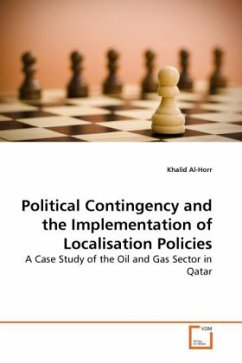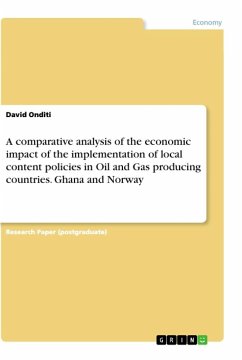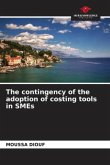This book examines the political contingency and the implementation of workforce localisation policy (Qatarisation) through an intensive case study on the oil- and gas-based industries (OGBI) in Qatar. The book identifies the strategies and mechanisms that the government utilises in its efforts to gain commitment from public enterprises to replace its expatriate workforce with nationals. The analysis focuses on the state influence on public organisations, obstacles to localisation, and the HR practices used to enhance workforce localisation. The findings reveal that the government has adopted some innovative control strategies. However, state enterprises' reaction to the state-led localisation policy varies considerably. The study provides new evidence that public organisations do not always comply with politically-determined policies. The companies' approaches toward Qatarisation are strongly associated with understanding of the policy aims and linking of the policy to HR practices. According to the findings of this study, several policy implications have been suggested as strategies to enhance the implementation process of workforce localisation.








